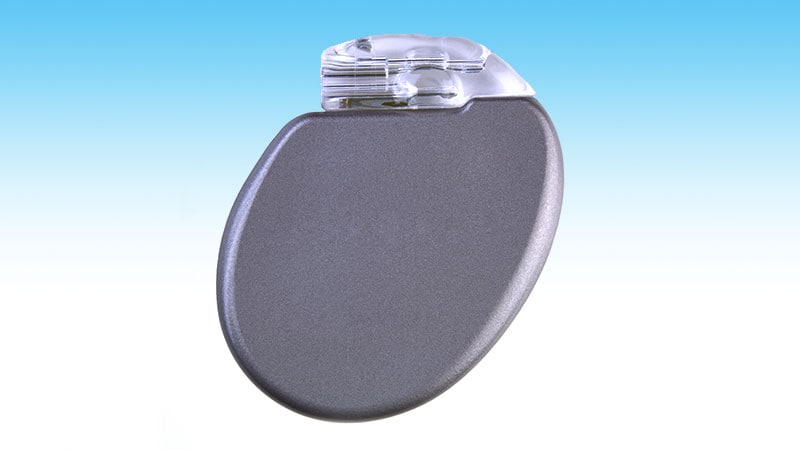핵심 개념
Atrial high-rate episodes increase mortality risk significantly.
초록
The content discusses how device-detected atrial high-rate episodes (AHRE) are linked to a higher risk of cardiovascular and all-cause mortality, even in patients without prior atrial fibrillation (AF), atrial flutter (AFL), or atrial tachycardia (AT). The study analyzed patients with cardiac implantable electronic devices (CIEDs) and highlighted the importance of screening and monitoring AHRE to prevent adverse outcomes. Key points include:
- AHRE associated with over twice the risk of cardiovascular and all-cause mortality.
- Continuous rhythm monitoring by CIEDs detects asymptomatic episodes of AT/AF.
- Patients with AHRE have a higher risk of clinical AF, heart failure, and thromboembolism.
- Patients with AHRE had significantly higher cardiovascular and all-cause mortality risks.
- Different AHRE burden groups showed varying mortality risks.
- Anticoagulation and additional screening recommended for patients with AHRE.
- Study limitations include unknown confounders and variables.
- Prolonged AHREs considered a precursor of AF, requiring proper evaluation and treatment.
요약 맞춤 설정
AI로 다시 쓰기
인용 생성
소스 번역
다른 언어로
마인드맵 생성
소스 콘텐츠 기반
소스 방문
www.medscape.com
Device-Detected Atrial High-Rate Episodes Tied to Mortality
통계
"Patients with AHRE had a significantly higher risk for cardiovascular (hazard ratio [HR], 2.40) and all-cause mortality (HR, 2.31)."
"Patients in the moderate-burden and high-burden groups had higher risks for cardiovascular (HR, 3.64 and HR, 2.33, respectively) and all-cause mortality (HR, 2.76 and HR, 2.26, respectively) than those in the low-burden group."
"Patients with AHRE still had an elevated risk for cardiovascular (HR, 2.41) and all-cause (HR, 2.98) mortality compared with patients without AHRE."
인용구
"Previous studies have confirmed that patients with AHRE are at a higher risk of clinical AF, heart failure, and thromboembolism events."
"Anticoagulation and additional ECG or Holter screening should be considered, based on the patient's AHRE burden and stroke risk factors."
"Prolonged AHREs are a precursor of AF, so patients need to be evaluated and monitored, as well as treated for underlying conditions."
핵심 통찰 요약
by Marilynn Lar... 게시일 www.medscape.com 12-27-2023
https://www.medscape.com/viewarticle/device-detected-atrial-high-rate-episodes-tied-mortality-2023a1000wps
더 깊은 질문
What are the implications of AHRE on healthcare systems and resources?
The implications of AHRE on healthcare systems and resources are significant. The detection of AHRE through continuous rhythm monitoring in cardiac implantable electronic devices (CIEDs) requires healthcare providers to allocate resources for additional screening, monitoring, and potential interventions for patients with AHRE. This increased detection of AHRE may lead to a higher number of patients requiring further evaluation, which can strain healthcare resources and increase the workload for healthcare professionals. Additionally, the management of patients with AHRE, especially those at higher risk for adverse outcomes, may necessitate more frequent follow-up visits, diagnostic tests, and treatments, further adding to the burden on healthcare systems.
Are there any potential drawbacks or risks associated with increased screening and monitoring for AHRE?
While increased screening and monitoring for AHRE can lead to early detection and intervention, there are potential drawbacks and risks to consider. One drawback is the possibility of overdiagnosis, where patients are identified with AHRE that may not progress to clinically significant conditions like atrial fibrillation (AF). This can lead to unnecessary anxiety for patients and unnecessary healthcare utilization. Additionally, increased screening and monitoring for AHRE may result in false-positive results, leading to unnecessary treatments or interventions that can pose risks to patients. Moreover, the financial costs associated with increased screening and monitoring for AHRE can strain healthcare budgets and resources, especially if the benefits of early detection do not outweigh the costs.
How can advancements in technology further improve the detection and management of AHRE in patients?
Advancements in technology have the potential to significantly improve the detection and management of AHRE in patients. For instance, the development of more sophisticated algorithms for analyzing data from CIEDs can enhance the accuracy of detecting AHRE and differentiating it from other arrhythmias. Additionally, the integration of artificial intelligence and machine learning algorithms can help predict which patients with AHRE are at higher risk for adverse outcomes, allowing for targeted interventions and personalized treatment strategies. Furthermore, the use of remote monitoring technologies can enable real-time tracking of AHRE episodes, facilitating timely interventions and reducing the need for frequent in-person visits. Overall, advancements in technology hold promise for enhancing the detection, monitoring, and management of AHRE, ultimately improving patient outcomes and reducing the burden on healthcare systems.
0
